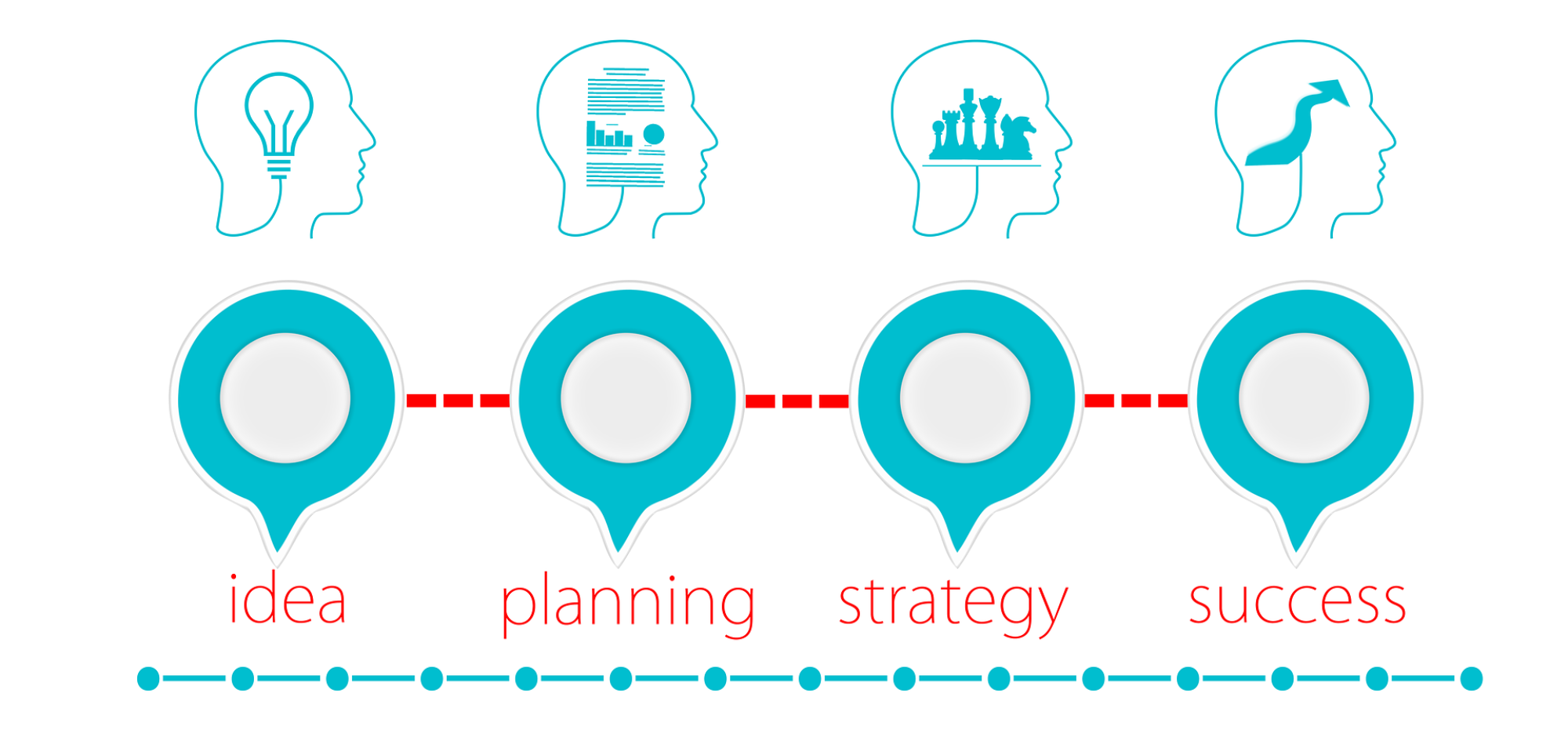If you have an entrepreneurial drive, you might get drawn to becoming a financial planner by its potential prominence, flexibility, and high pay. Whatever your motivations or background, starting your financial advisory firm will probably be one of the hardest—and most rewarding—things you’ve ever done.
● Start-Up Expenses
Financial planning businesses must incur many of the same start-up expenses as other businesses. These include utilities, furnishings, rent, advertisements, technology, and possibly an earnest deposit with the new broker-dealer (if one is to get used). For individuals who require them, the costs of licensing and training also need to be considered. Veterans having a book of business will also need to account for any potential revenue losses due to the switch to a new company.
● Training and Licensing
In addition to gaining the required licenses, novices should obtain one or more professional designations. These credentials can benefit those new to the industry or seeking to diversify their skill set by supplying much-needed legitimacy and academic instruction.
However, unless you are entering a new field of employment, license, and training may not be a concern if you are a seasoned professional in the industry. For instance, you would need to be licensed (and possibly qualified) if you own an insurance company and want to add investments or financial advisory to your operation.
● Company Structure and Services
It’s crucial to decide what kind of financial planning professional you want to be. This decision affects the services you will offer your customers and the way you will get paid. Commission-based financial advisors typically make more money than fee-based planners (on average).
But customers who explicitly want objective guidance frequently look for fee-based planners. If you have an analytical mind and don’t love high-pressure sales, you may feel more at home with just running figures and giving recommendations. Your personality type may also play a factor in this decision.
● Understand the risks and obligations
Any business venture comes with a certain amount of risk. Along with the risk of liability and other fiduciary obligations, there is also the danger that the company won’t make enough money to exist. Indemnity insurance gets required for all financial planners. Errors and omissions insurance will defend against malpractice claims, but keep in mind that ultimately it will be your obligation to ensure regulatory compliance in your firm. For the firm to remain stable, all client issues and complaints must get handled professionally.
● Harvesting the Benefits
Successful planners benefit from high (and occasionally extremely high) pay, a degree of autonomy, convenient office hours, and public recognition. The sense of satisfaction that comes from assisting a client in finding peace of mind by addressing a challenging financial issue, however, may be the greatest reward. Whatever kind of incentive you look for, the financial planning industry might have it.
Although opening a financial planning practice is undoubtedly complex and risky, individuals who have the urge to do so shouldn’t let their fear keep them from following their dreams. Many professionals in the private and even corporate will tell you right away that financial planning is the best industry in the world.
